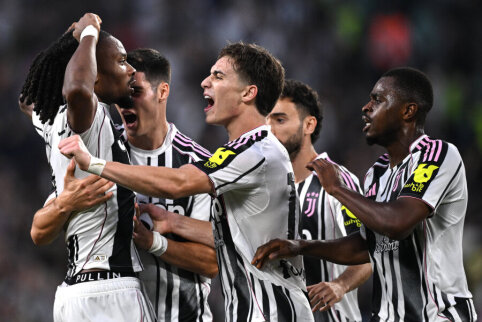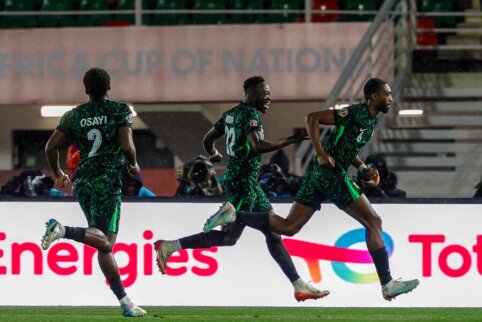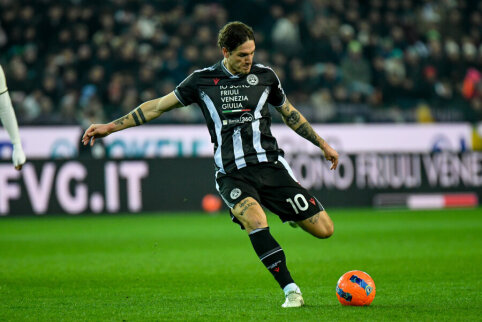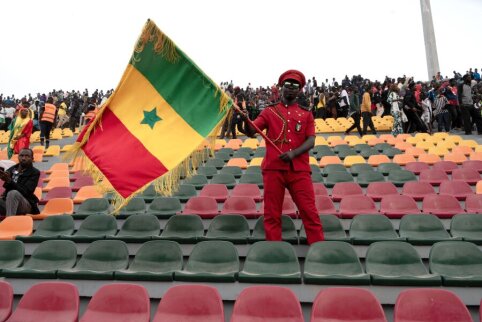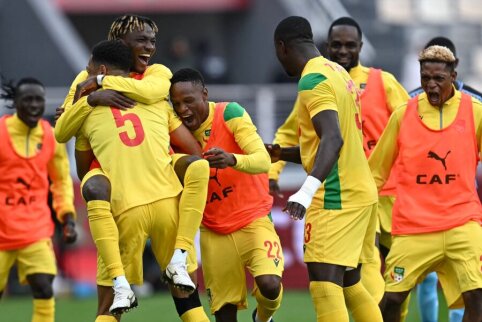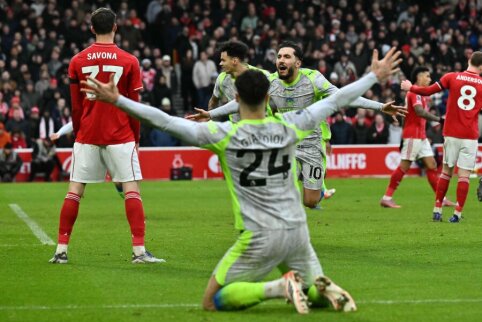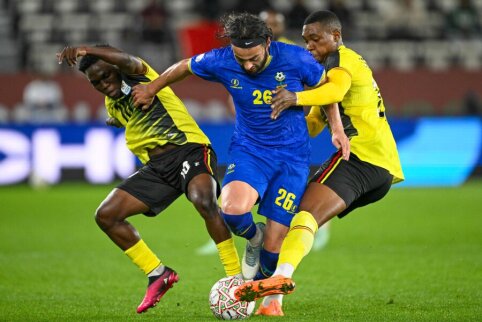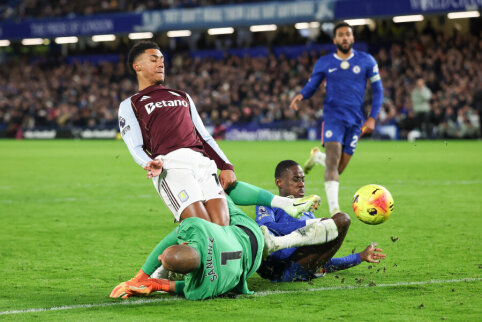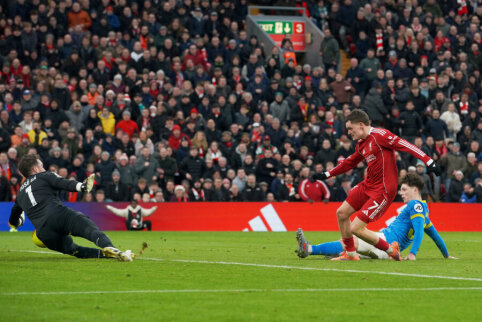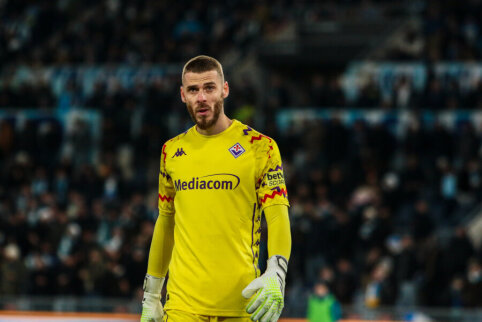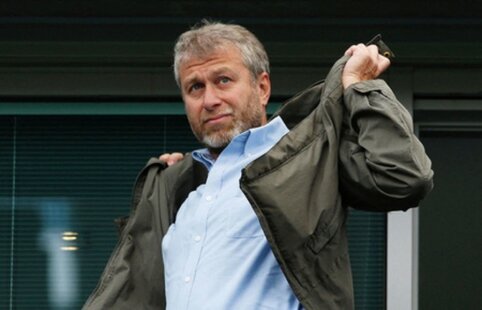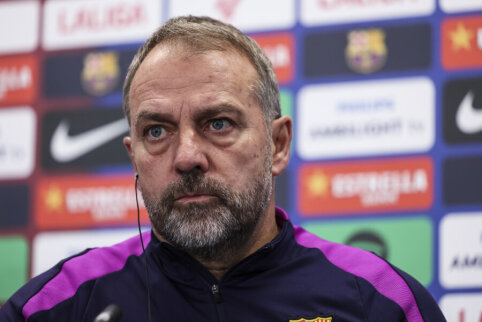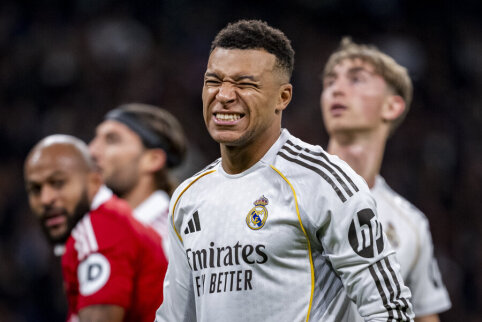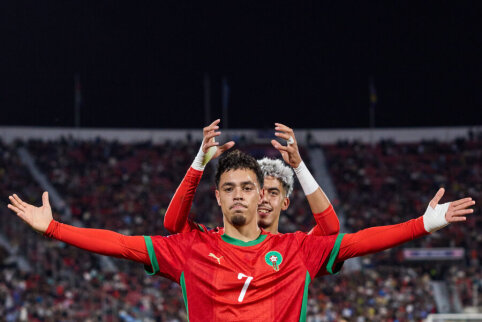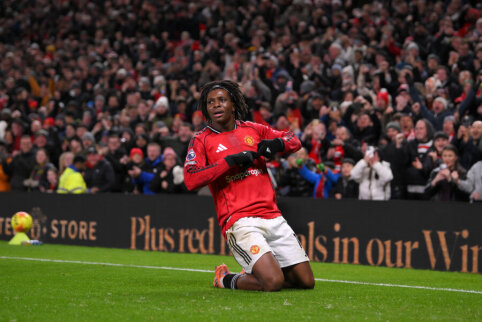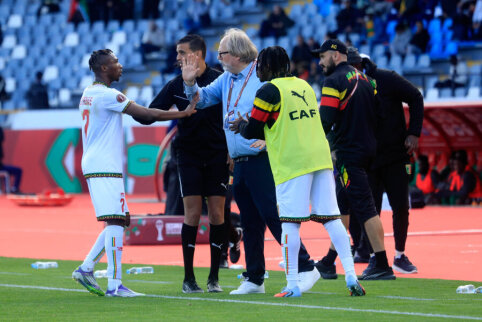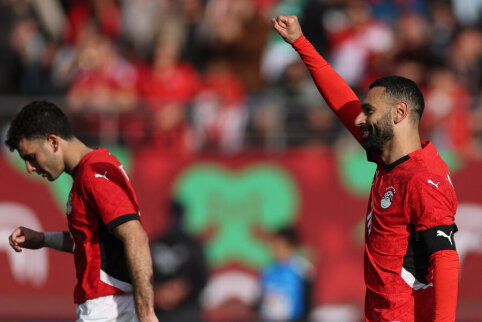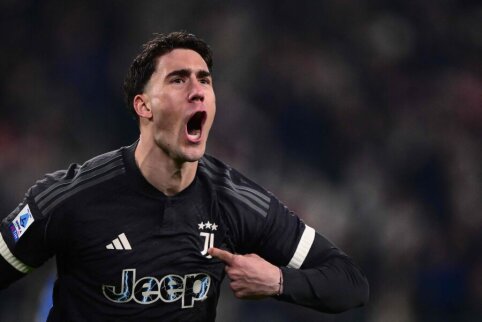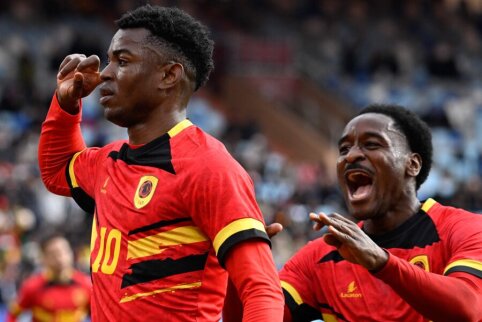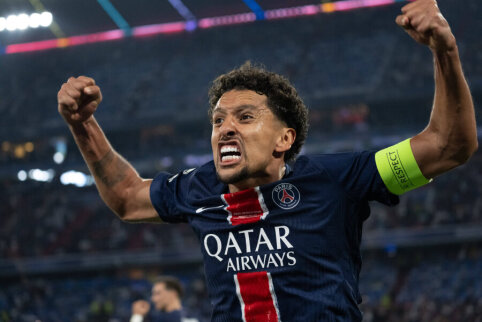 © EuroFootball.com
© EuroFootball.com
Hosts of the 2012 European Football Championship, the Poles had to wait until 2008 to make their debut in the continent's tournament. However, the Poles can boast a rich football history. Their national team reached the World Cup semi-finals twice and played in the final stage of the global competition a total of seven times.
Man with six toes
The red and white team gained international fame in the 1930s, finishing fourth in the 1936 Berlin Olympics and reaching the top 16 teams in the world two years later.
The tournament in France ended in the first stage for the Poles. However, they were only defeated by the Brazilians in extra time 6-5. Ernest Wilimowski remains the only player whose team lost a match despite him scoring four goals. Born in Katowice, the striker is the all-time leading goal scorer in Poland, scoring 112 goals in 86 matches in the Polish League with Ruch Chorzów.
However, Wilimowski, who had six toes on one foot, was forgotten for a while in Poland. This was influenced by Ernest's decision to represent the German national team after the start of World War II.
Poles' blow to the Soviets
The Polish Football Federation (PZPN) was founded in 1919, after the war, but the 60s and 70s were difficult for Polish football, despite having talents like Gerard Cieslik, Ernest Pol, Edward Szymkowiak, and Lucjan Brychczy. Pol is still the all-time leading scorer in the Polish top league with 186 goals. Brychczy is second, and Cieslik is third. However, these players were unable to achieve anything memorable with the Polish national team.
There were some episodes. Worth mentioning is the victory in the World Cup qualifying match against the Soviet Union 2-1. Both goals were scored by G. Cieslik. Polish fans carried the Polish footballers off the pitch on their shoulders.
The strongest team in Poland in the 70s was Gornik Zabrze, winning six gold medals and reaching the final of the European Cup Winners' Cup in 1970. In that final in Vienna, the Polish club lost 0-1 to Manchester City. Gornik remains the only Polish team to reach the final of the European Cup Winners' Cup.
Seven crystal G. Lato goals
This promising performance by the Gornik team, as well as Legia Warsaw's semi-final in the European Cup Champions' Cup in the same year, clearly showed that changes were in the air. When Kazimierz Gorski took over as head coach, the golden age of the national team began.
In 1972, the Polish national team won the Olympic gold. Two years later, at the World Cup, the Poles won the silver medals, awarded for third place. The team was led by players like Kazimierz Deyna, Jan Tomaszewski, and Grzegorz Lato. G. Lato became the top scorer with seven accurate strikes. After the championship, the Polish glass company presented him with a special crown with seven crystal balls dedicated to each goal.
"I still have it, it was an amazing gift," shared G. Lato.
The Z. Boniek era
After eight years, the Poles reached the final of the World Cup again. The team was led by Antoni Piechniczek, and the captain was the talented Zbigniew Boniek.
This player is still considered one of the best Polish footballers of all time. In 1982, Turin's Juventus paid a long-time record sum of 1.3 million euros to Lodz's Widzew for this player. That year, Poland finished third in the World Cup again.
However, not even Z. Boniek could prevent the Poles from losing to the Brazilians in the 1986 World Cup quarter-finals. As the Poles packed their bags for their journey home, they did not yet know that it was their last World Cup final stage in the 20th century.
The youth beats everyone
In 1993, the Polish youth won the European U-16 Championship, finishing second in the same competition six years later, and winning the European gold in the U-18 championship in 2001. These victories were like a precursor to better times.
Under the leadership of Jerzy Engel, the team returned to the World Cup in 2002. However, the Poles did not advance past the group stage. The situation repeated itself in the 2006 championship in Germany. Then, when Dutchman Leo Beenhakker took over the national team, the game improved, and in 2008, the Poles reached the final stage of the European Championship in Austria and Switzerland. However, they were eliminated after the group stage with just one point. Perhaps they will have better luck in the upcoming tournament in their homeland?
